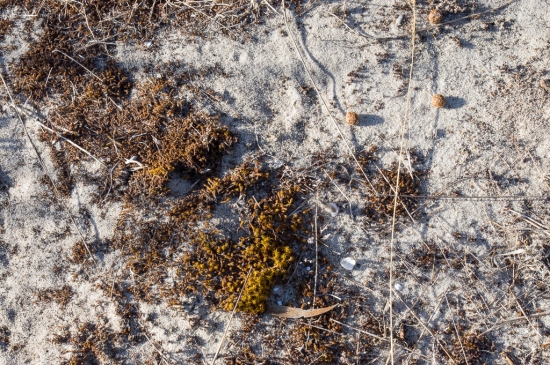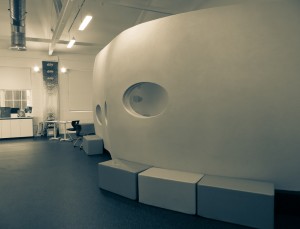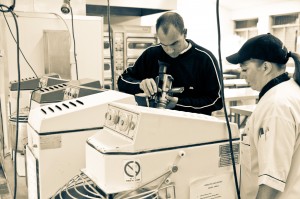Project category
Volatiles

It’s been a while and I shall get writing to bring some of the projects from the last couple of years to the site because there has been a wide range of projects and some interesting connections between them. Some dead ends too which also adds to the thought process.
One that was recently published on the iBooks store (yesterday) is the culmination of a project with the Edith Cowan University group called HealthInfoNet. It is the first of a series we will be doing to create mixed media publications to offer a broader array of access points to some important research – in this case the use of volatile substances in Aboriginal and Torres Straight Islander communities.
One task was to bring the many facts and figures from the original publication and develop a narrative arc for an animation to begin the book. While the knowledge of petrol sniffing was widespread some years ago, significant developments by BP in their Kwinana research lab resulted in the development of low aromatic fuel. Drops in the use of petrol in some communities was as high as 95%. To celebrate this achievement BP produced a wonderful short video which they granted us permission to use.
The use of photographs to give the book a tone and feel was also an interesting challenge as it is too easy to try to use stock photos or stray into culturally sensitive territory. In the end a narrative of using nature to capture aspects of the story, drawing the life out of the land, ants under the surface and then the colonising aspects of plants on the coastal dunes. I shot all of the photos around Bold Park near the coast in Perth.
Next in this series is the review of the use of illicit drugs and we are working on the next photographic theme with Aboriginal elders and also creating the narrative for the animation which I will again do with Peter Ryan.







